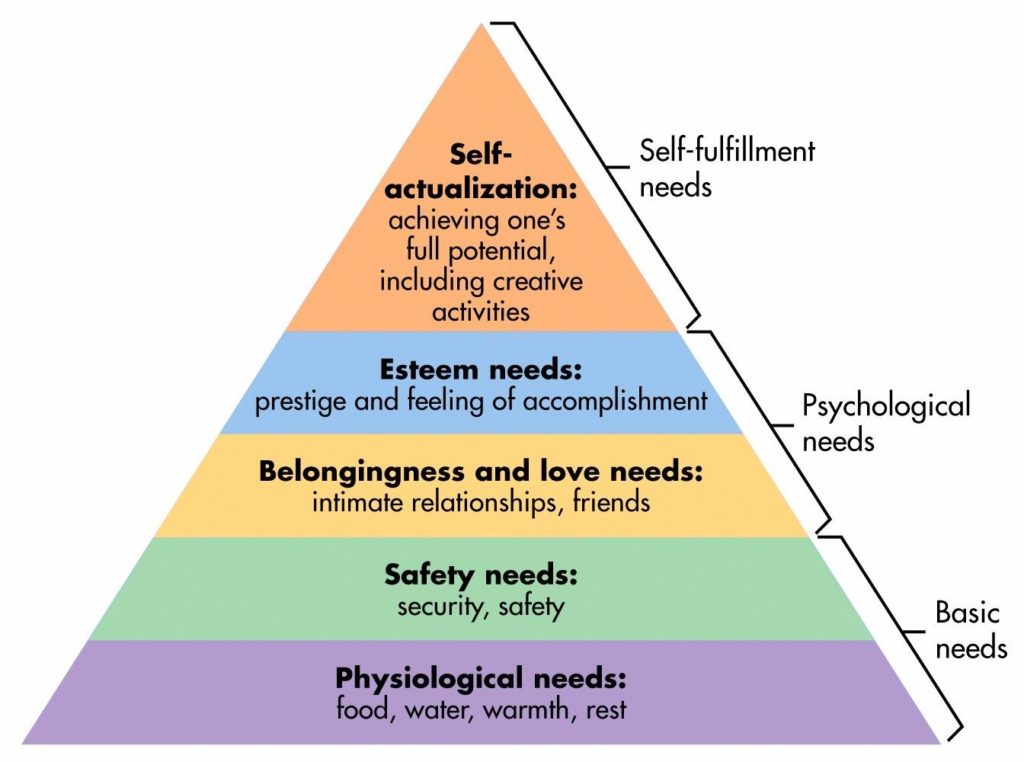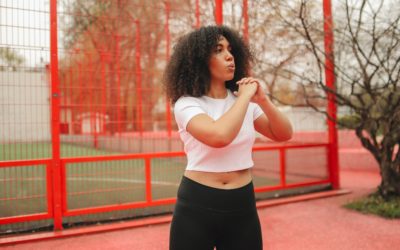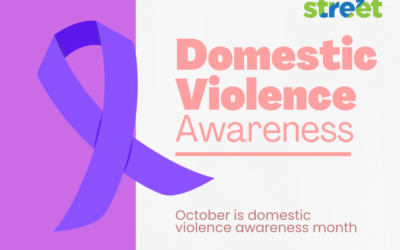Wait… Are Relationships Really Supposed to Be Like That?

Natalie Dainesi
UpStreet Intern
Understanding Healthy Relationships
You are scrolling through Instagram, looking at the photos on your feed from over the weekend. Through the mass array of content presented to you, you notice a trend. You frequently see posts of people with their friends, boyfriends, girlfriends or partners. The posts portray two or more people smiling at a pumpkin patch, laughing while celebrating a birthday or posing in front of a scenic overlook. The captions usually contain heart emojis, explanations of how thankful they are for their friendship/relationship or phrases like “squad goals,” “my A1” or “my ride or die.” Among these photos, you also see quotes and pictures from top accounts portraying “the perfect couple.” You think to yourself, is this really what their relationship is like, all love and smiles?
How many times have you scrolled through Instagram, Snapchat or TikTok and saw a post containing the negative side of your followers’ relationships including, the constant arguments, swarming gossip, toxic nature or jealousy issues? I can bet none.
This is because we live in a world that portrays what “ideal” friendships and relationships consist of…based on snapshots of people’s best moments.This is detrimental to the understatement on the quality of relationships and how they are supposed to be like in our day-to-day lives, behind the scenes of social media. Today ,teenagers and young adults are having a harder time figuring out if their romantic relationship or friendship is unhealthy or toxic. According to Maslow’s hierarchy of needs, relationships and friendships are an essential part of our psychological needs. We are born to be social beings, creating connections between ourselves and others. Yet, Maslow doesn’t make it clear as to what constitutes a healthy or unhealthy relationship.

Taken from: simplypsychology.org
Here are a few guidelines to remember when you question yourself about a relationship with a friend or partner:
- Trust – Trust is the foundation for relationships, in which a bond is formed between one or more individuals. This is important in creating confidence with someone in order to feel safe physically and emotionally. Establishing trust isn’t easy! It takes time and effort from both sides of the relationship.
- Support- “The best possible thing you can get out of a relationship is that you’re with someone who encourages you to be the best version of yourself every day,” said author Nishan Panwar. A healthy relationship consists of mutual support, even within a friendship. It is not healthy when a partnership is one-sided and one person is always the source of support. Friends are supposed to help build you up and help you work towards reaching your goals.
- Individuality- You should never have to change who you are in a relationship. If you feel pressure to act a certain way around your friends, maybe it’s time to take a step back and evaluate. One way to do this is to create a set of values and beliefs that are important to you. Keep this set of values in the back of your mind when making decisions and evaluating a relationship. It is not healthy if a person is pushing you to go against your own belief system and act a certain way.
- Understanding- Setting boundaries is important in relationships. This includes communicating with your friend or partner how you would like to be treated in the relationship/friendship. It is also important to work on understanding each other’s feelings and recognize behavioral patterns.
October is National Domestic Violence Awareness month, in which we recognize survivors and victims of domestic abuse. It is important to remember that domestic violence can affect both romantic relationships and friendships. By using the guidelines above and evaluating patterns of healthy vs. unhealthy relationships, we can help lower the risk of domestic violence. These aren’t the only guidelines that you should be aware of when evaluating your relationships and friendships – just a few.
If you or someone you know is experiencing domestic violence, contact the National Domestic Violence Hotline at (800)-799-7233 or at thehotline.org.
Natalie Dainesi is a current Intern at JFCS with the UpStreet Team. She is currently a Master’s of Social Work student at The University of Pittsburgh.




